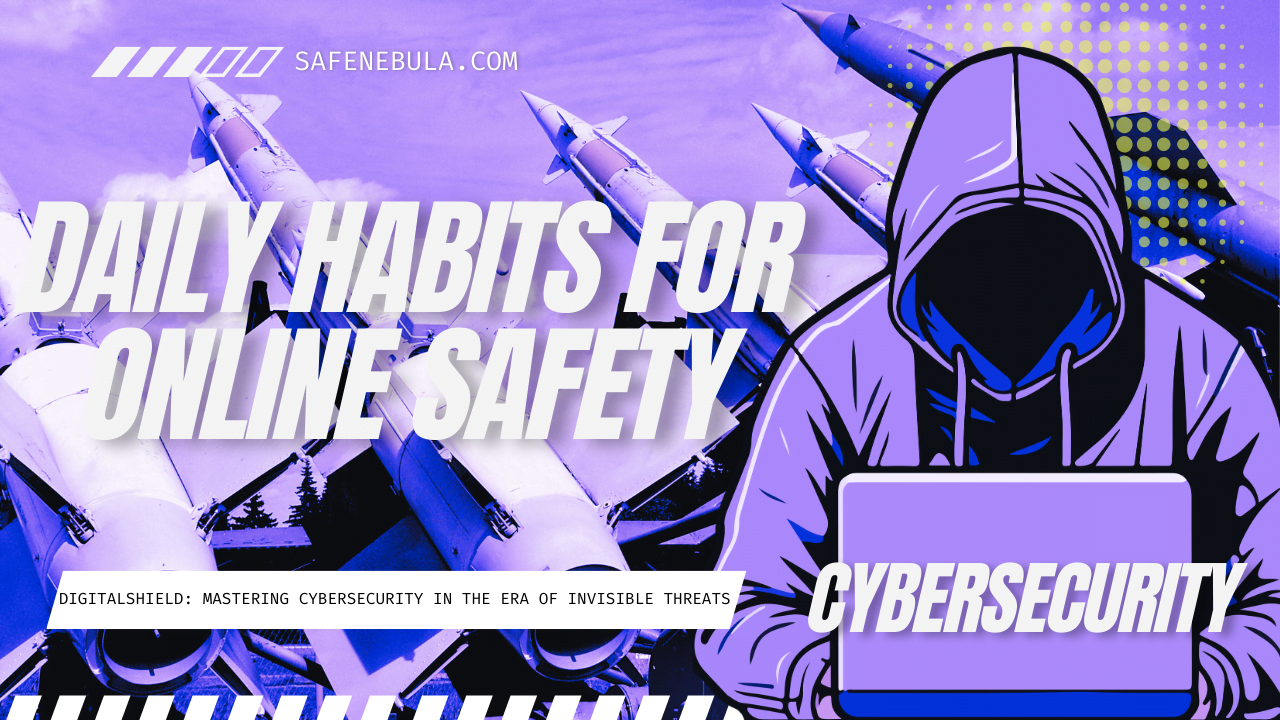Maintaining good cybersecurity hygiene is akin to practicing good personal hygiene; it’s essential for health and well-being, but in the context of the digital world. This guide compiles essential daily habits and practices that can significantly bolster your online security.
Update Software Regularly
- Software updates often include patches for security vulnerabilities. Enable automatic updates where possible.
Use Strong, Unique Passwords
- Employ complex passwords and avoid reusing them across different accounts. Consider using a password manager.
Enable Multi-Factor Authentication (MFA)
- Adding an extra layer of security, MFA requires a second form of verification beyond just a password.
Be Cautious with Email Attachments and Links
- Avoid opening attachments or clicking on links from unknown or suspicious sources. They could be phishing attempts.
Back Up Your Data
- Regularly back up important data to an external drive or cloud storage. This protects against data loss from cyberattacks or hardware failure.
Secure Your Wi-Fi Connection
- Use a strong password for your Wi-Fi network and ensure it’s encrypted with WPA2 or WPA3 security.
Be Wary of Public Wi-Fi
- Avoid performing sensitive transactions over public Wi-Fi networks. Use a VPN for added security.
Practice Safe Browsing
- Use reputable antivirus software and a firewall. Be cautious of downloading files or programs from unknown sources.
Educate Yourself About Phishing Scams
- Learn to recognize the signs of phishing attempts to avoid falling victim to scams.

Conclusion
Adopting these cybersecurity hygiene practices can greatly improve your online safety. Make these habits a part of your daily routine to protect yourself and your data from digital threats.
